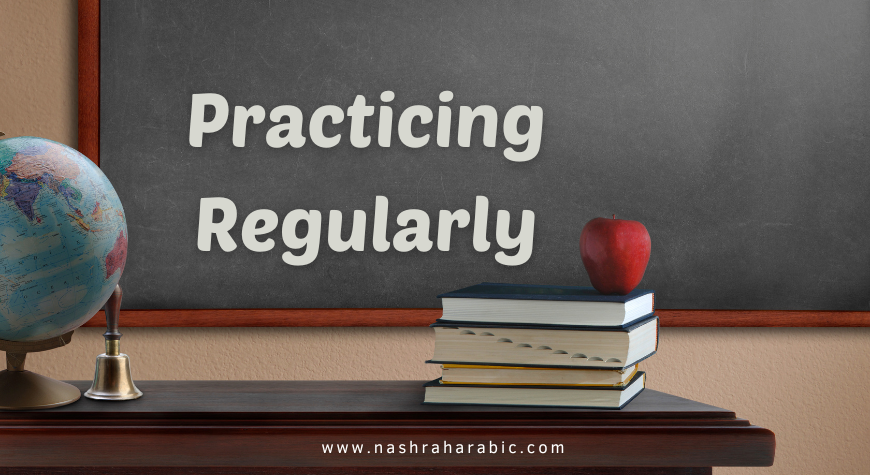Are you fascinated by the idea of translating Arabic but unsure where to start? Learning Arabic translation can seem daunting, especially given the complexities of the language. However, with the right approach, you can turn this challenge into an enjoyable and rewarding experience. Think of it as a journey where each step brings you closer to fluency and a deeper understanding of a rich and vibrant culture.
Introduction to Arabic Translation
Arabic translation is not just about converting words from one language to another; it involves understanding cultural nuances, idiomatic expressions, and context. Translation requires a deep comprehension of both the source and target languages.
Importance of Learning Arabic Translation
Why learn Arabic translation? Arabic is spoken by over 300 million people worldwide and is the liturgical language of Islam. Mastering Arabic translation opens up opportunities in various fields such as business, diplomacy, and academia. It also allows for better communication and understanding in multicultural settings.
Setting Clear Goals
Before diving into learning Arabic translation, it’s essential to set clear, achievable goals. Ask yourself: Why do I want to learn Arabic translation? Is it for professional reasons, personal interest, or academic purposes? Defining your objectives will help you stay focused and motivated.
Choosing the Right Resources

Books and Textbooks: Start with well-regarded textbooks and grammar books. Resources like “Arabic-English Dictionary: The Hans Wehr Dictionary of Modern Written Arabic” are invaluable.
Online Courses: Websites like Coursera, Udemy, and Duolingo offer courses tailored to different skill levels. These platforms often include interactive exercises that make learning engaging.
Language Apps: Apps like Memrise and Anki use spaced repetition techniques to help you remember vocabulary and grammar rules.
Immersing Yourself in the Language
Immersion is key to learning any language. Surround yourself with Arabic as much as possible:
Media Consumption: Watch Arabic movies, listen to Arabic music, and follow Arabic news channels. This exposure helps with listening skills and familiarizes you with different dialects and accents.
Reading: Start with children’s books and gradually move to newspapers and novels. This will help improve your reading comprehension and expand your vocabulary.
Practicing Regularly

Practice is crucial in mastering Arabic translation. Here are some tips:
Daily Practice: Dedicate a specific time each day to practice. Consistency is more important than the length of study sessions.
Writing Exercises: Translate short paragraphs and then compare your translation with a professional one. Analyze the differences to understand your mistakes.
Speaking Practice: Find language exchange partners or join Arabic language clubs. Speaking helps reinforce what you’ve learned and builds confidence.
Leveraging Technology
Technology can be a great ally in your learning journey:
Translation Tools: Use tools like Google Translate and Microsoft Translator for quick translations, but don’t rely solely on them. They can help you understand the gist of a text but often miss cultural nuances and context.
Language Learning Apps: Apps like Babbel and Rosetta Stone offer structured lessons that can complement your study routine.
Seeking Feedback and Improvement

Feedback is essential for improvement:
Language Tutors: Hire a tutor for personalized feedback and guidance. Platforms like italki and Preply offer access to native Arabic speakers.
Peer Review: Join online forums and language communities where you can share your translations and get constructive criticism.
Joining Language Communities
Being part of a community can provide motivation and support:
Online Forums: Websites like Reddit and WordReference have active language learning communities. Engage in discussions and ask questions.
Local Language Groups: Check if there are local language meetups or clubs in your area. These groups often organize practice sessions and cultural events.
Staying Motivated
Learning Arabic translation is a long-term commitment. Here are some tips to stay motivated:
Set Milestones: Break your goals into smaller, manageable milestones. Celebrate your achievements to stay motivated.
Keep a Journal: Document your learning journey. Note down new words, phrases, and grammar rules. Reflecting on your progress can be very encouraging.
Common Challenges and How to Overcome Them

Learning Arabic translation comes with its own set of challenges:
Complex Grammar: Arabic grammar is complex, with rules that differ significantly from English. Focus on one aspect at a time and use resources that explain grammar in simple terms.
Vocabulary: The Arabic language has a vast vocabulary. Use flashcards and mnemonic devices to help remember new words.
Dialect Differences :Arabic has many dialects, but Modern Standard Arabic (MSA) is widely understood. Focus on MSA for formal translation work.
Conclusion
Mastering Arabic translation is a rewarding journey that opens up a world of opportunities. By setting clear goals, choosing the right resources, immersing yourself in the language, and practicing regularly, you can achieve fluency and confidence. Remember, the key is consistency and persistence.



